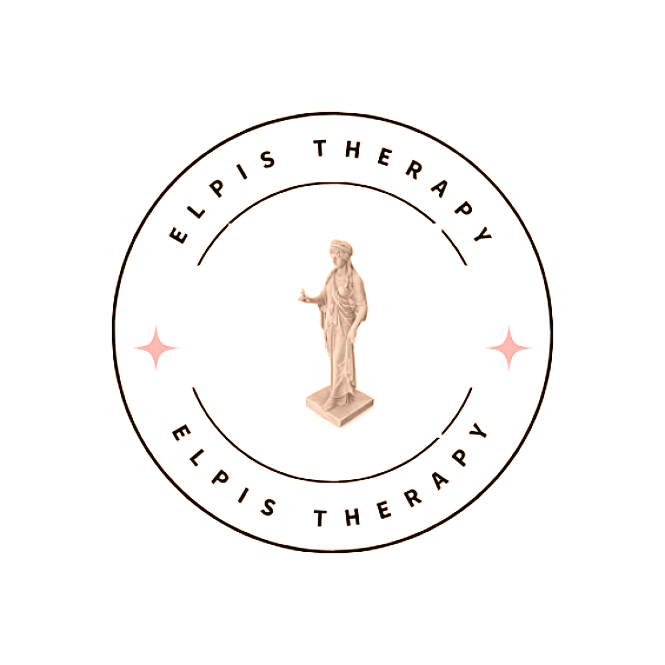Unlocking our inner child after experiencing parental abuse
Without understanding our parents and the impact that self-absorption and emotional neglect had on us, true healing is impossible. From a young age, our minds learned to cope with painful experiences by repressing or denying hurt feelings. Deep down, we longed for peace, consistency, safety, and love, but instead grew up unable to form healthy relationships with ourselves or others.
Why are we so unsure of ourselves?
Being raised by self-absorbed parents leaves lasting effects on our attachment style, self-esteem, and overall well-being. Survivors often struggle with oversensitivity, lack of self-trust, fear of conflict and rejection, difficulty sustaining relationships, and a general sense of insecurity, always anticipating the unexpected. Some of us had parents who were emotionally absent, while others were needy, making us responsible for their happiness and dreams. They taught us that our role was to attend to their needs, feelings, and desires, while ours didn’t matter.
The pain of being invisible to our parents was even heavier if we had siblings who were favored and overvalued. Constant comparisons created feelings of inadequacy and inferiority, while love and attention were made conditional upon our success, turning siblings into competitors rather than allies.
As children of self-absorbed parents, we learned to stay small to survive. We denied our need for safety and nurturance, internalizing the message that we were “not good enough” or “not lovable.” Our inner child remained stuck in pain - empty, numb, tired, and unhappy - without understanding that it was the parent who lacked the capacity to provide love, care, and validation. Children naturally idealize parents and often blame themselves, believing they must change their behavior to be worthy of love. As adults, we continue to crave love but operate from these same old beliefs, struggling to trust ourselves, voice our needs, or feel deserving of affection. Many of us overgive in relationships, still chasing the love our inner child never received.
If you grew up with a self-absorbed parent, your boundaries were crossed repeatedly, leaving you unsure of your own identity. You may define yourself only in relation to others - someone’s partner, someone’s parent - without knowing who you truly are. Saying “no” feels like a crime, and guilt follows immediately. As a result, many survivors find themselves in relationships where their needs remain invisible.
Because we were brainwashed and manipulated from such a young age, it often takes years - sometimes decades - to recognize where our struggles come from. This awareness often surfaces after the painful end of multiple unhealthy relationships that leave us more wounded than before. Healing from this kind of upbringing is a lifelong journey. Growing up in survival mode made us disconnect from our own emotions and hyper-attuned to others’ needs. To heal, we must stop running from ourselves and instead acknowledge and grieve our losses, accept our past, and allow ourselves to feel the pain. Though this grief can feel unbearable and endless, moving through it allows us to eventually release it. In time, our pain becomes a reminder of our healing journey rather than a source of further suffering.
All survivors struggle with cognitive dissonance. Parts of us hold conflicting beliefs: one part recognizes the abuse, while another continues to overgive and struggles with boundaries, and our inner child keeps longing for love. Healing requires recognizing these parts and understanding how they operate. For many, this means reevaluating old belief systems and replacing them with compassion, awareness, and trust in ourselves.
Along the way, anger may arise, and the desire for revenge may feel tempting. Yet holding on to anger only prolongs our pain and interrupts healing. Looking at our parents’ wounds often reveals that they, too, were traumatized as children - kept small, gaslighted, and made to doubt themselves. Their insecurities and unhappiness were projected onto us, and we absorbed their trauma. In many ways, their scars became ours. Choosing to forgive is not about approving their actions but about freeing ourselves. Forgiveness allows us to make peace with the past and move forward with less pain, recognizing that our parents, too, may have been victims.
Setting boundaries is one of the most important lessons in healing. Leaving our parents behind to live our own lives is not selfish - it is an act of self-love. Empathy is a beautiful gift, but without boundaries, it becomes a burden. We can continue to feel compassion for others while recognizing that it is not our responsibility to fix them. Their healing journey belongs to them, just as ours belongs to us.
Throughout this journey, we must remain kind and patient with our inner child. With an open heart, we can affirm: “I love you. I understand you. I appreciate you. I am proud of you.” It is time to tell ourselves that we are not small, that we are alive, capable, and deserving of joy. Our lives can begin again when we choose to leave the past behind and dedicate ourselves to healing and pursuing our dreams. Our painful experiences can serve us in the future by teaching us to recognize toxicity, prioritize our own needs, and cultivate healthy, secure attachments.Thanks for reading!
